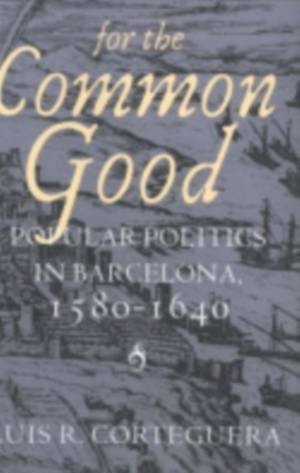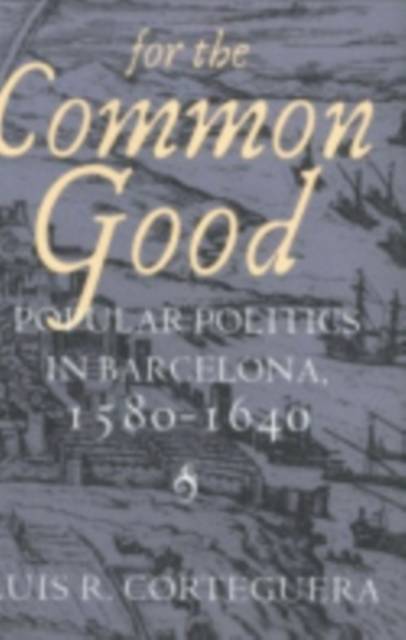
- Afhalen na 1 uur in een winkel met voorraad
- Gratis thuislevering in België vanaf € 30
- Ruim aanbod met 7 miljoen producten
- Afhalen na 1 uur in een winkel met voorraad
- Gratis thuislevering in België vanaf € 30
- Ruim aanbod met 7 miljoen producten
Omschrijving
On June 7, 1640, the viceroy of Catalonia was stabbed to death on a Barcelona beach. By Christmas, several more royal officials of the Spanish principality had been assassinated. In the wake of these and other violent acts committed by the "people"--a term used for artisans--the Catalans severed their allegiance to the Spanish monarchy and elected Louis XIII of France their new king. The first English-language book to explore the political beliefs and behavior of early modern craftsmen, Luis Corteguera's work offers a dramatically new account of the origins of the Catalan revolt, the longest rebellion in seventeenth-century Spain.Drawing on his extensive research in Barcelona's archives, Corteguera examines how the political actions, ideas, and language of Barcelona's craftsmen shaped the relations between the Spanish monarchy and Catalonia in the decades leading to the insurrection. Artisans made up over half of the population of Barcelona, the political center and largest city of Catalonia. The Mediterranean port had a long history of active popular politics. Artisans sat in the city council, formed the core of the principality's largest militia, and participated in protests and riots. Corteguera finds that the 1640 rebellion was not a social revolution of the poor but rather a political action by craftsmen seeking to defend what they perceived as the ancient liberties of their homeland. Although their behavior was more violent, the artisans were, the author asserts, motivated by the same assumptions, language, and symbols that inspired the elite of the principality.
Specificaties
Betrokkenen
- Auteur(s):
- Uitgeverij:
Inhoud
- Aantal bladzijden:
- 256
- Taal:
- Engels
Eigenschappen
- Productcode (EAN):
- 9780801437809
- Verschijningsdatum:
- 30/04/2002
- Uitvoering:
- Hardcover
- Formaat:
- Genaaid
- Afmetingen:
- 158 mm x 234 mm
- Gewicht:
- 480 g

Alleen bij Standaard Boekhandel
Beoordelingen
We publiceren alleen reviews die voldoen aan de voorwaarden voor reviews. Bekijk onze voorwaarden voor reviews.











